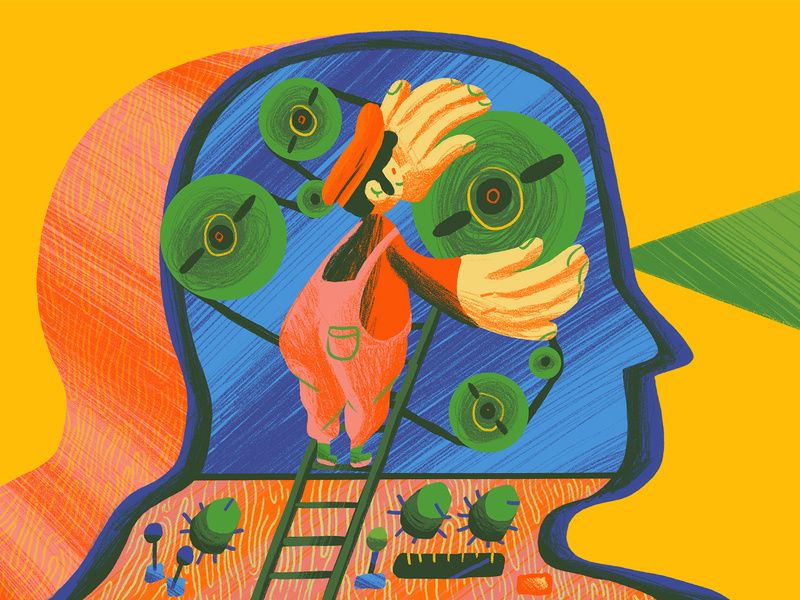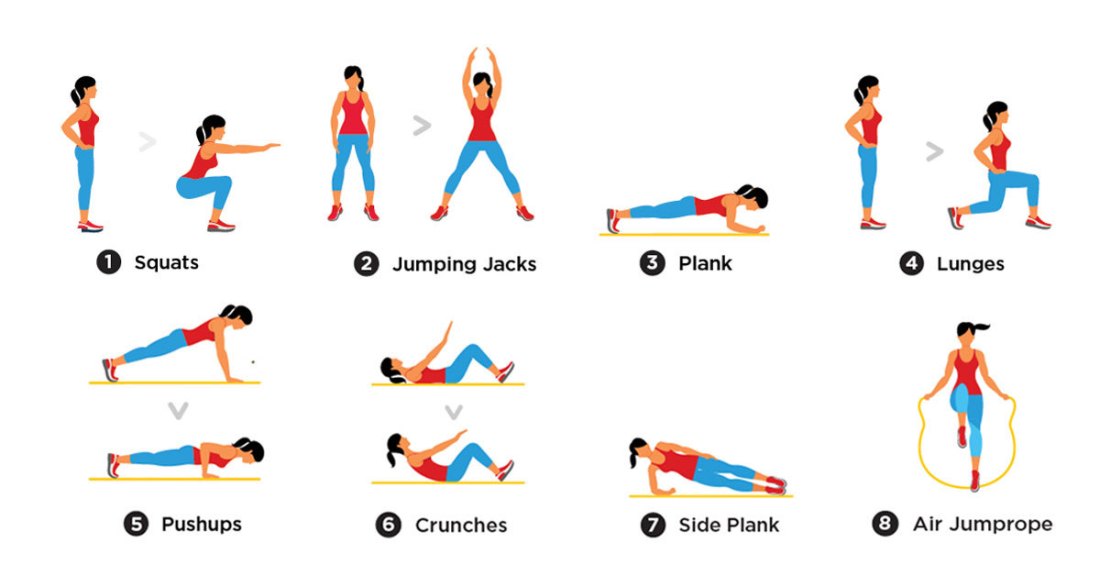While most people think it’s innate and not very changeable, there is a lot you can do to increase your intelligence.
It also answers the question of how to become a genius by acquiring habits that increase your brain power and make it easier learning. In this article, we have listed the important clerks and habits for you.

According to a study in the USA of YouGov, most people believe that they are smarter than an average American. Whereas when it comes to IQ, most of us really fall in the 80-119 average score range. This number peaks in the early 20s. Although it usually stays constant as we age, that doesn’t mean your potential is fixed, either.
“Intelligence can be enhanced, and quite dramatically.” writes Psychologist Bryan Roche of the National University of Ireland.
David Shenk, author of “The Genius in All of Us” says it’s nearly impossible to pinpoint any individual’s true mental limitations at any age. He states that everyone has the potential of genius, or at least the potential to be better. Therefore, it is necessary to put aside the myth that intellectual superiority is innate. In part of his book, David Shenk discusses:
“Belief in innate gifts and limitations is much more reserved on the soul: the reason you don’t become a great opera singer is because you can’t be. Thinking about talents as innate makes our world more manageable, more comfortable. It relaxes a person with expectations.”
Do you want to become smarter than the average person? It’s even wrong to call it just “possible”. So this is a much more achievable thing than you might think. What we call intelligence is the ability to acquire and apply knowledge and skills. It also includes the ability to reason, solve problems, remember information and be creative. Increasing your intelligence also increases your desire to do business.
While taking class and reading are two ways to learn something new, here are six surprising habits that boost your brainpower, make learning easier, and lead you to excellence:
1) Train Your Memory

There are many ways to do this.
For example, Susanne Jaeggi, a professor at the University of California, has found that an activity known as “n-back task” increases fluid intelligence, the ability to cause new problems and solve problems independently of previous knowledge.
Related Content: A Broad Perspective on Forgetting and Memory: Why Do People Forget?
Related Content: You Can Become a Memory Champion in 5 Steps with the Loci Method
2) Gain New Perspectives on Yourself

Another way to increase intelligence is to expand your network and consider other people’s perspectives. Learning is the act of exposing yourself to new information, and meeting new people makes this process easier, especially if their perspectives conflict with yours.
Related Content: 10 Tips for Getting a Better Perspective
3) Create Motivations

“A rare achievement is a source of motivation,” says Shenk.
Motivation can be conscious or unconscious and can come from a variety of sources, such as inspiration, desperation, revenge, or future regret.
Related Content: 25 Motivation Tank Movies About Success and Inspiration
4) Do Cardiovascular Exercises

At the University of Gothenburg in Sweden, according to a research cardiovascular fitness can increase your verbal intelligence and strengthen long-term memory.
In the Proceedings of the National Academy of Sciences, this is exactly what it says:
“Increased cardiovascular fitness was associated with better cognitive scores. In contrast, muscle strength was only weakly associated with intelligence.”
5) Play Video Games

While it may seem like a good way to pass the time, video games can actually trigger the growth of neurons. It may promote connectivity in brain regions responsible for spatial orientation, memory formation, and strategic planning. In a study conducted at the Max Planck Institute for Human Development and the Charité University Institute of Medicine in Berlin, researchers found that video games such as Super Mario benefit the brain by improving sensory, perceptual and attention-seeking tasks.
Video games can reverse the negative effects of aging on the brain. In another study conducted at the University of California, San Francisco, researchers found that a specially designed 3-D driving video game increases mental skills such as multitasking and focusing in older adults. The game improved their short-term memory, a cognitive ability that typically declines with age.
Related Content: 6 Benefits of Video Games to Make You Unique in Business
6) Meditation

Mindful meditation, according to a research from the University of Oregon and Texas Tech University’s Neuroimaging Institute, can increase neuroplasticity in the brain.
Participants in this five-day study practiced guided meditation for 20 minutes (daily) progressively focusing on breathing, posture, and mental imagery. Researchers found that the practice increased the efficiency of the brain, significantly improving attention and fluid intelligence.














